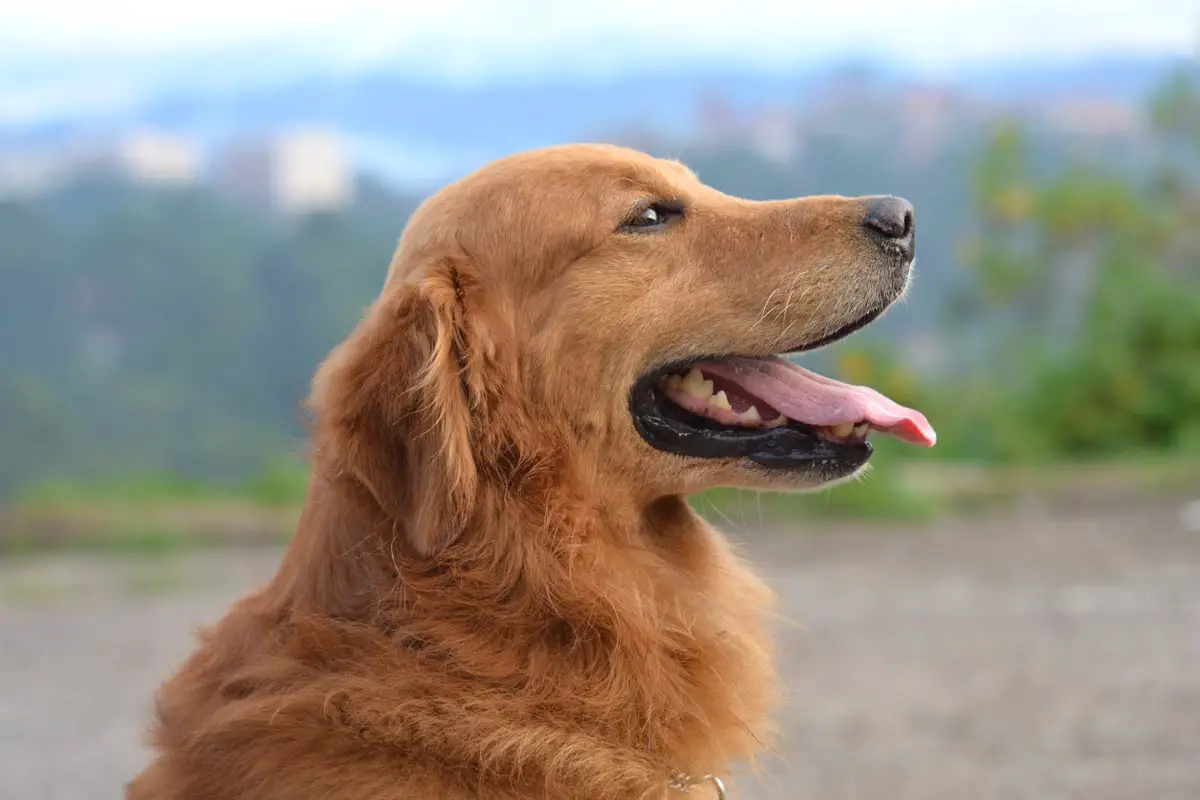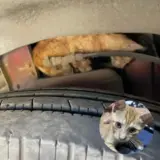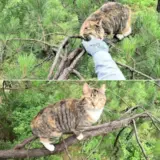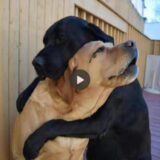Dog sneezing can be a common occurrence in our furry friends and is often harmless. However, it’s important for pet owners to understand the causes, symptoms, and potential treatments to ensure the well-being of their beloved companions.
In this article, we will explore the various causes of dog sneezing, including airborne irritants, allergies, infections, and more. Additionally, we will discuss the symptoms that can accompany sneezing in dogs and provide useful information on treatment methods. Lastly, we will share practical tips on how to prevent sneezing in dogs. So, let’s dive in and learn more about dog sneezing and how to address it effectively.
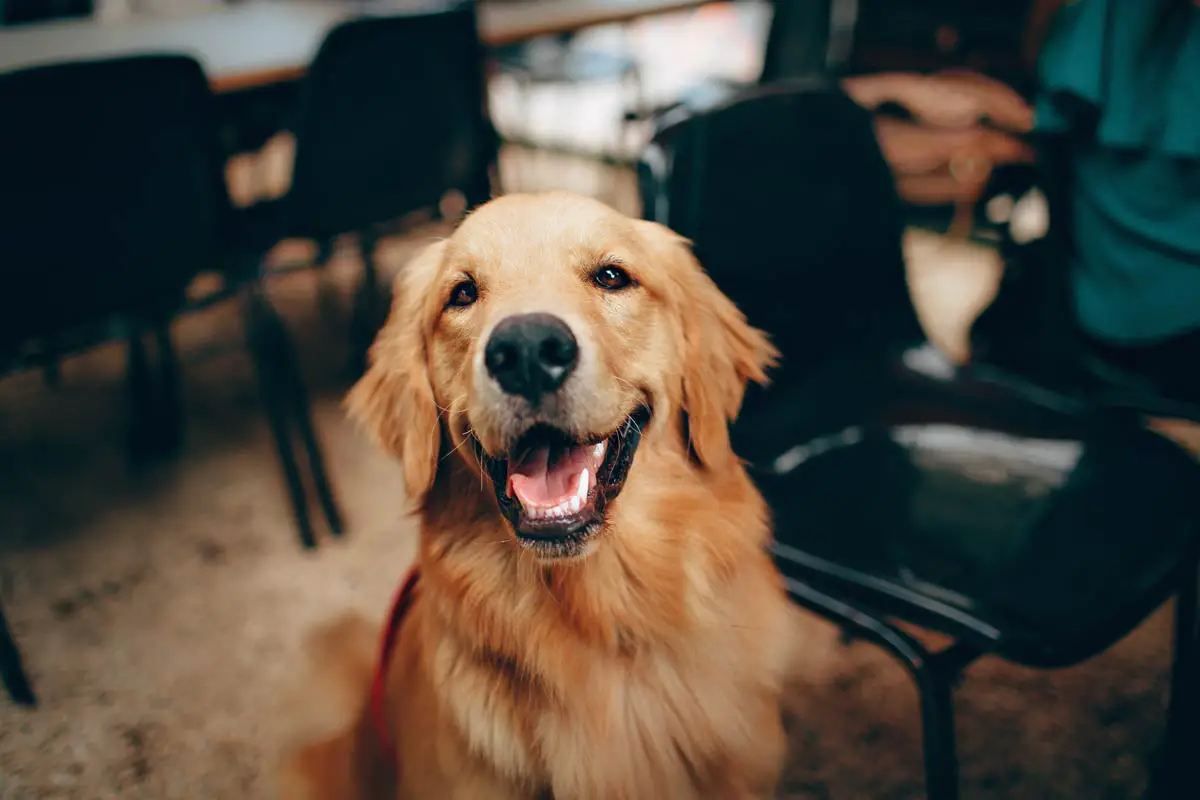
1. Causes of Sneezing in Dogs
- Airborne Irritants:
Airborne irritants such as pollen, dust mites, mold spores, and chemicals can trigger sneezing in dogs. These irritants can enter the nasal passages and cause irritation, leading to sneezing. - Allergies:
Dogs can develop allergies to various substances, including certain foods, pollen, mold, dust, or even certain types of grass. Allergic reactions can manifest as sneezing, itching, watery eyes, and nasal congestion. - Upper Respiratory Infection:
Dogs can contract upper respiratory infections caused by viruses or bacteria. These infections can cause sneezing, coughing, nasal discharge, and other respiratory symptoms. - Nasal Irritations or Foreign Objects:
Sometimes, dogs may sneeze due to irritations in their nasal passages. This can be caused by foreign objects lodged in the nose or exposure to strong odors, such as cleaning products or smoke. - Nasal Infection:
Infections in the nasal passages, such as sinusitis or rhinitis, can cause sneezing in dogs. These infections can be bacterial, viral, or fungal in nature. - Play Sneezing:
Play sneezing is a common behavior in dogs and is usually harmless. It often occurs during play or exercise when dogs become excited. Play sneezing is characterized by multiple rapid sneezes and is not typically a cause for concern. - Reverse Sneezing:
Reverse sneezing is another harmless condition that can cause sneezing-like sounds in dogs. It occurs when the dog’s throat spasms and causes them to inhale sharply. Reverse sneezing can be triggered by excitement, pulling on a leash, or irritants in the environment. - Kennel Cough:
Kennel cough, also known as infectious tracheobronchitis, is a contagious respiratory condition commonly seen in dogs that have been in close contact with other dogs, such as in boarding facilities or dog parks. It can cause sneezing, coughing, and nasal discharge.
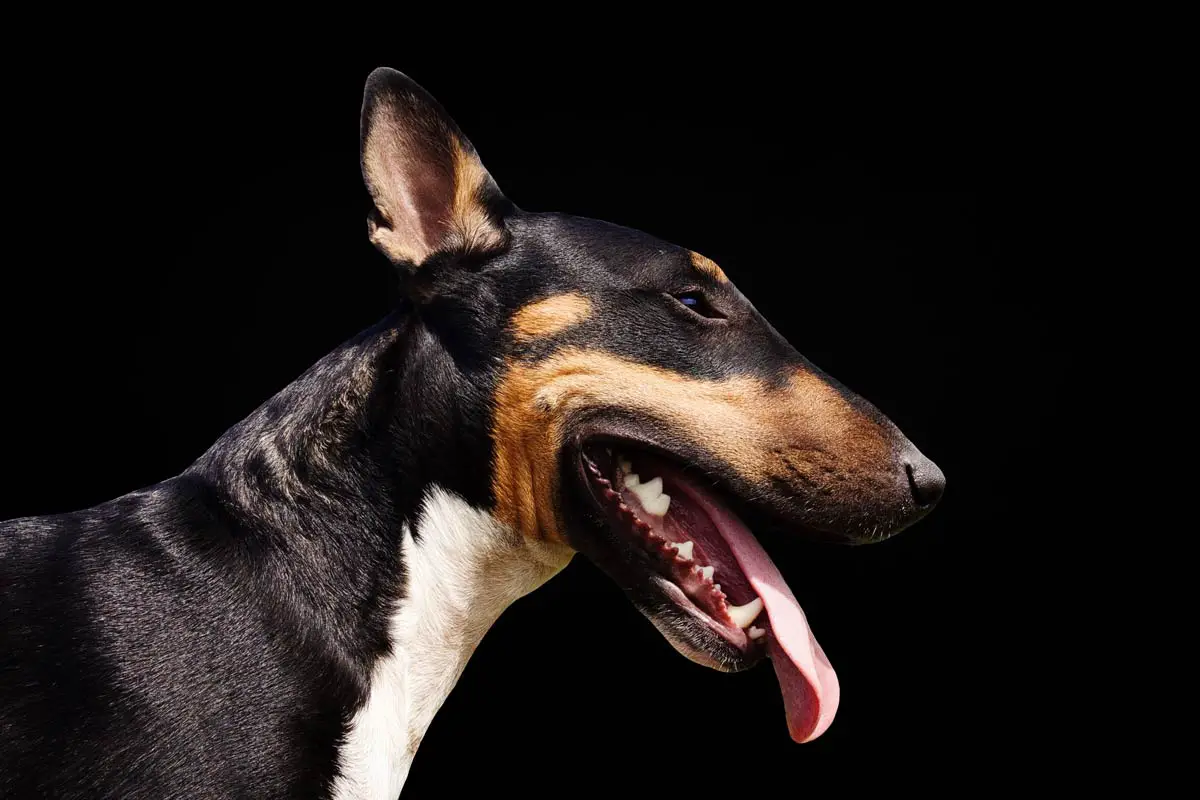
2. Symptoms of Dog Sneezing
Along with sneezing, dogs may exhibit other symptoms depending on the underlying cause.
These symptoms can include:
- Nasal discharge (clear, white, or colored)
- Coughing
- Watery or red eyes
- Itchy skin or excessive scratching
- Sneezing fits or frequent sneezing
- Nasal congestion or difficulty breathing
- Lethargy or decreased appetite
3. Treatment for Sneezing
The treatment for dog sneezing depends on the underlying cause. It is important to consult a veterinarian to determine the cause of the sneezing and to discuss appropriate treatment options.
Here are some common treatment approaches for different causes of dog sneezing:
- Allergies:
Antihistamines: Your veterinarian may prescribe antihistamines to help alleviate allergy symptoms and reduce sneezing. These medications work by blocking the release of histamine, which is responsible for allergic reactions.
Immunotherapy: In cases of severe allergies, your vet may recommend immunotherapy, also known as allergy shots. This treatment involves injecting small amounts of allergens into your dog’s body to desensitize them over time.
- Upper Respiratory Infection:
Antibiotics: If the sneezing is caused by a bacterial infection, your veterinarian may prescribe antibiotics to fight the infection. It’s important to administer the full course of antibiotics as prescribed to ensure effective treatment.
- Nasal Irritations or Foreign Objects:
Nasal Irrigation: In some cases, your veterinarian may recommend nasal irrigation to flush out any irritants or foreign objects causing the sneezing. This is typically done using a saline solution or specialized nasal rinses.
Foreign Object Removal: If a foreign object is causing sneezing, your vet may need to remove it manually. This procedure requires sedation or anesthesia to ensure your dog’s comfort
- Play Sneezing and Reverse Sneezing:
No specific treatment is usually required for play sneezing or reverse sneezing. These conditions are often harmless and resolve on their own. However, if the episodes become frequent or prolonged, it is advisable to consult your veterinarian for further evaluation.
- Kennel Cough:
Cough Suppressants: In cases of kennel cough, your vet may prescribe cough suppressants to help alleviate the coughing and sneezing associated with the condition. Rest and isolation from other dogs are also important for recovery.
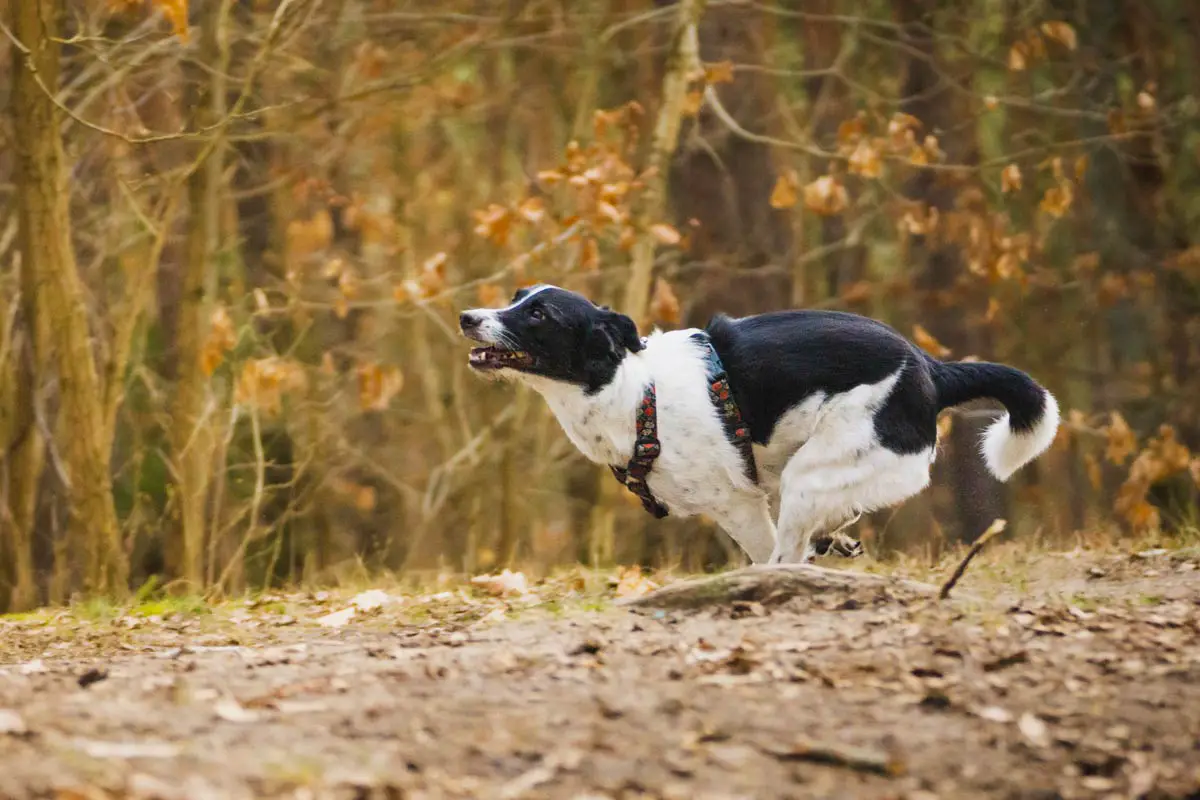
4. How to Prevent Sneezing in Dogs?
While it may not be possible to completely prevent sneezing in dogs, certain measures can help reduce the frequency and severity of sneezing episodes:
- Keep your dog’s environment clean and free from dust, mold, and other irritants.
- Regularly groom your dog to minimize allergens on their fur and skin.
- Use pet-friendly cleaning products and avoid strong odors in the house.
- Provide a well-balanced diet and avoid potential food allergens.
- Keep your dog away from known allergens, such as pollen or certain types of grass.
- Ensure proper ventilation in your home to minimize indoor air pollutants.
- Avoid exposing your dog to crowded or poorly ventilated areas where infectious diseases can spread.
Understanding the causes, symptoms, and treatment options for dog sneezing is crucial for pet owners. By identifying the underlying cause and seeking appropriate veterinary care, you can ensure the well-being and comfort of your furry friend.
Additionally, taking preventive measures to reduce exposure to irritants and allergens can help minimize sneezing episodes. Remember, if your dog experiences persistent or severe sneezing, it’s essential to consult a veterinarian for a proper diagnosis and treatment plan. With proper care and attention, you can help your dog lead a healthy, sneeze-free life.
Related:

